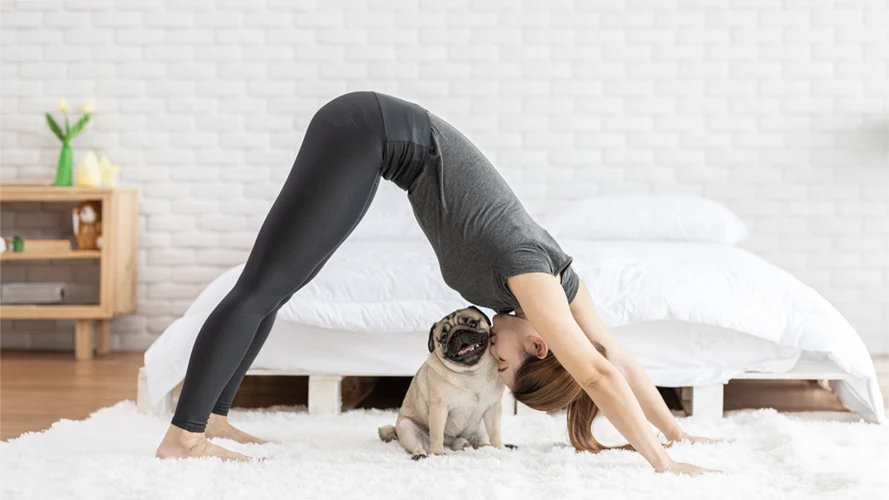What not to do with a new puppy!
When bringing a puppy into your home, there are several things you should avoid doing to ensure their safety, well-being, and proper development:
1. Don’t Overwhelm Them
- Avoid exposing them to too many new people, places, or situations at once.
- Don’t let everyone in the family crowd them immediately; they need time to adjust.
2. Don’t Skip Training
- Avoid ignoring bad behavior. Puppies need guidance to learn what is acceptable.
- Don’t punish them for accidents or mistakes; focus on positive reinforcement.
- Don’t skip basic training, such as potty training and learning commands like “sit” and “stay.”
3. Don’t Use Harsh Discipline
- Never yell at or hit your puppy. It can lead to fear and distrust.
- Avoid rubbing their nose in accidents; it confuses them and doesn’t teach them anything.
4. Don’t Overdo Exercise
- Avoid excessive exercise, especially for young puppies whose bones and joints are still developing.
- Skip high-impact activities like long runs or jumping from heights.
5. Don’t Allow Free Roaming
- Don’t give your puppy unsupervised access to the whole house. Use crates or gates to restrict their space.
- Avoid leaving them alone in unsafe or un-puppy-proofed areas.
6. Don’t Ignore Socialization
- Avoid isolating your puppy. Socialization during their critical period (3–14 weeks) is essential for developing confidence and reducing fear.
- Don’t force them into situations where they feel scared; introduce new things gradually.
7. Don’t Change Their Diet Too Quickly
- Avoid switching their food abruptly; this can cause stomach upset. Gradually mix in the new food over 7–10 days.
8. Don’t Neglect Their Health
- Avoid skipping regular vet visits or delaying vaccinations and parasite prevention.
- Don’t let your puppy interact with unvaccinated dogs or visit high-risk areas like dog parks before they’re fully vaccinated.
9. Don’t Let Them Bite or Chew Inappropriately
- Avoid allowing your puppy to chew on your hands, shoes, or furniture. Redirect them to appropriate chew toys.
- Don’t encourage play biting, as it can become a bigger problem later.
10. Don’t Expect Too Much Too Soon
- Don’t expect your puppy to behave like an adult dog. They’re still learning and developing.
- Avoid unrealistic expectations for training; patience is key.
11. Don’t Leave Them Alone for Too Long
- Puppies need frequent potty breaks, social interaction, and mental stimulation. Leaving them alone for extended periods can lead to separation anxiety.
By avoiding these common mistakes, you’ll help your puppy feel safe, loved, and set up for a lifetime of good habits.



Leave a Reply
Want to join the discussion?Feel free to contribute!